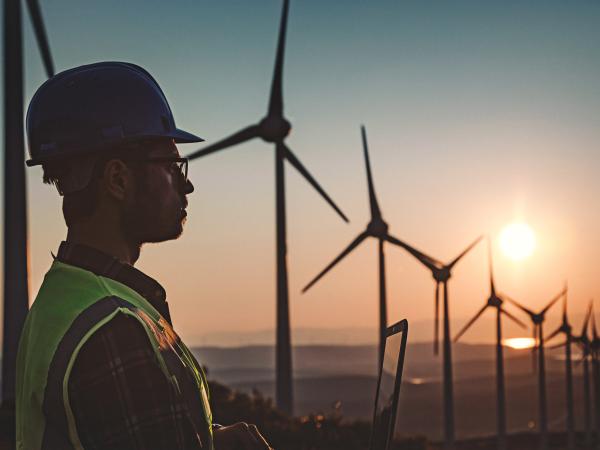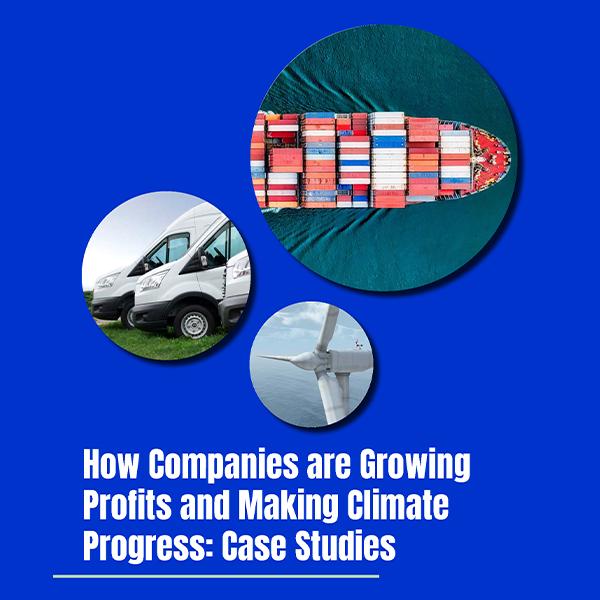Business Outreach
EDF Europe partners with European businesses to unlock opportunities in decarbonization, energy security and innovation, building resilience and long term growth in a changing economy.
EDF Europe partners with European businesses to unlock opportunities in decarbonization, energy security and innovation, building resilience and long term growth in a changing economy.

We work with European businesses to develop practical policies and market opportunities that reward innovation and strengthen competitiveness.
Dairy Methane Action Alliance (DMAA) - Recognising the urgency of the climate crisis and the significant role of the food sector in reducing global emissions of methane, the Dairy Methane Action Alliance has stepped forward to catalyze accountability, transparency, and ambitious climate action within the food industry.
Net Zero Action Accelerator (NZAA) – Portal with resources to help businesses decarbonise. This hub offers hundreds of free resources, over 25 pathways to net zero and a webinar series that digs into the most challenging sustainability topics.

The European Union’s economy is 68% larger than in 1990, but emissions are down by over 37%. Other regions such as China and India are also making progress to decouple GDP growth from emissions, demonstrating that emissions cuts do not come at the expense of economic opportunity and prosperity and are not simply the result of exporting emissions.
We are highlighting European businesses that are taking serious steps toward reducing their greenhouse gas emissions while building strong, profitable businesses that are creating jobs. These businesses have seized the opportunity to innovate with circular economic principles, renewable energy, and leading technologies to provide the goods and services people need today.
Strong government policy and ground-up innovation are enabling real progress. Businesses are proving that reducing emissions can go hand in hand with prosperity and job creation.
Our report highlights inspiring, regionally diverse examples from the packaging, steel, cement, agri-food, transport, and retail sectors showing businesses. The featured case studies offer several scalable solutions for other companies to consider.
Explore our key highlights and view all case studies to see how sustainable frontrunners combine business success and climate leadership.
